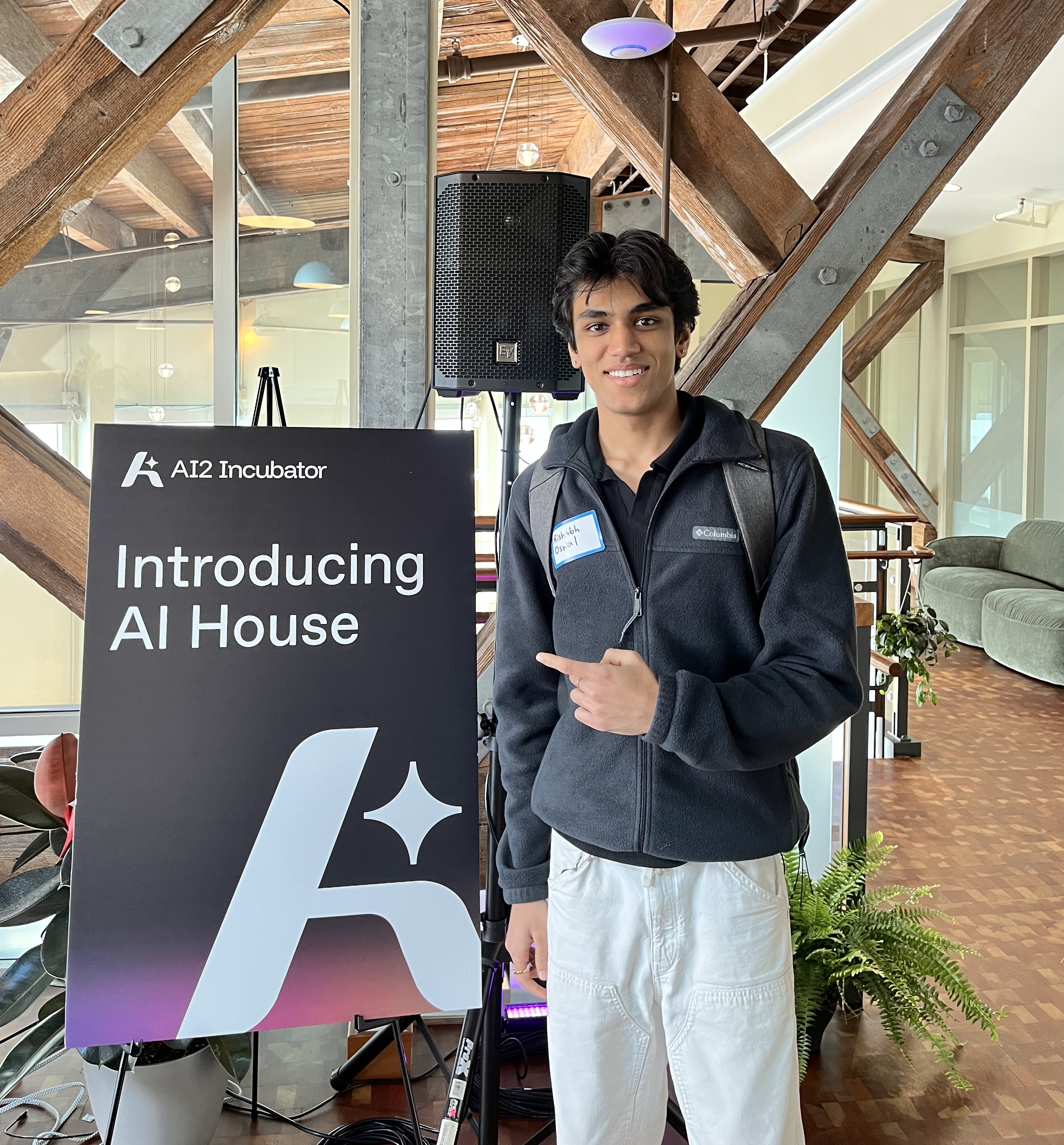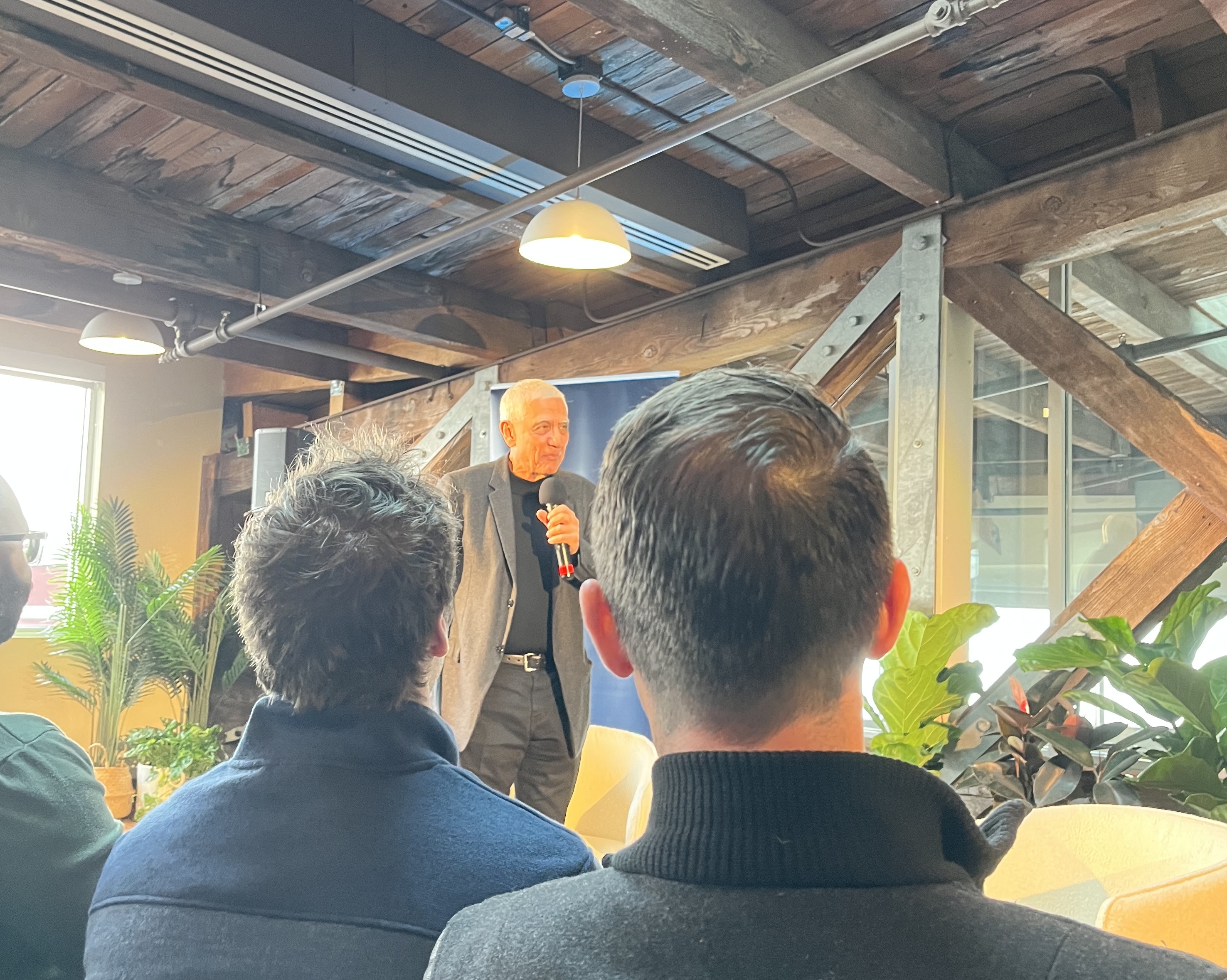takeaways from Vinod Khosla
Vinod Khosla came to town and had a fireside chat at the AI House. Here are my takeaways:
1. Constantly examine your assumptions and surface the risks (and build a team that does the same)
AI has disrupted entire industries, and the companies that are shaping up these new industries are ones that are innovating by constantly examining core assumptions. Here’s an example with healthcare: As AI becomes more capable and can perform some lower-level diagnosis and treatment, the healthcare market is starting to have a massive shift. How would you change the healthcare system if it was free (or minimally cheap)?
2. Your single most important decision in building a company is the team- and in this era, this is how you build competitive advantage
Building software has become extremely cheap with AI. I can code up Duolingo in an hour with Cursor- so what will truly help you accumulate advantage over your competitors? The team. A team that constantly learns, examines your assumptions, and collaborates will accumulate far more advantage and is the difference between succeeding or being another subpar competitor.
3. Defining companies make markets. Building a team of learners is far more valuable than one with a lot of experience.
To make a product and a market that is fundamentally new means starting from nothing but being able to build something unimaginable. Often, hiring those with experience means introducing someone to the team who has an inherent bias with how things used to be, instead of focusing on redefining the market. A faster learner is almost always more desirable.
“Experience is bias”. – Vinod Khosla
4. Authority will kill innovation. Foster a culture where nobody is scared to ask the stupid questions
This principle is straightforward: hierarchical authority structures stifle creativity and risk-taking. The most innovative organizations foster cultures where everyone feels empowered to ask seemingly naive questions and challenge established thinking. Stupid questions often lead to breakthrough insights precisely because they aren’t constrained by conventional wisdom.
5. Consumers will think incrementally- companies that redefine markets hack around this: Give the consumers what they think they need, but ultimately move towards what you think they need.
Many years ago, Netflix offered both DVDs and streaming services. Reed Hastings knew streaming was the future, and he so separated the unified subscription into two, but immediately reverted the decision. Why? Customers hated managing both subscriptions, and they lost trust in Netflix. The realization was this- instead of forcing the future, you need to guide customers there gradually by giving them what they want but moving towards what you think is the future. Evolution beats revolution.


